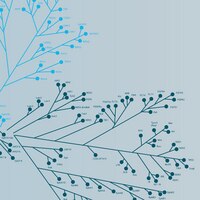14-506 Sigma-AldrichPKD2 Recombinant Human Protein, Active, 10 µg
Active, N-terminal His6 tagged, recombinant, full length, human PKD2, for use in Kinase Assays.
More>> Active, N-terminal His6 tagged, recombinant, full length, human PKD2, for use in Kinase Assays. Less<<MSDS (material safety data sheet) or SDS, CoA and CoQ, dossiers, brochures and other available documents.
Recommended Products
概述
| Product Information | |
|---|---|
| Quality Level | MQ100 |
| Applications | |
|---|---|
| Application | Active, N-terminal His6 tagged, recombinant, full length, human PKD2, for use in Kinase Assays. |
| Key Applications |
|
| Storage and Shipping Information | |
|---|---|
| Storage Conditions | 6 months at -70°C |
| Packaging Information | |
|---|---|
| Material Size | 10 µg |
| Material Package | Also available in 250 µg size --call for pricing and availability and reference catalog number 14-506M when ordering the 250 µg size. |
| Global Trade Item Number | |
|---|---|
| 产品目录编号 | GTIN |
| 14-506 | 04053252627767 |








